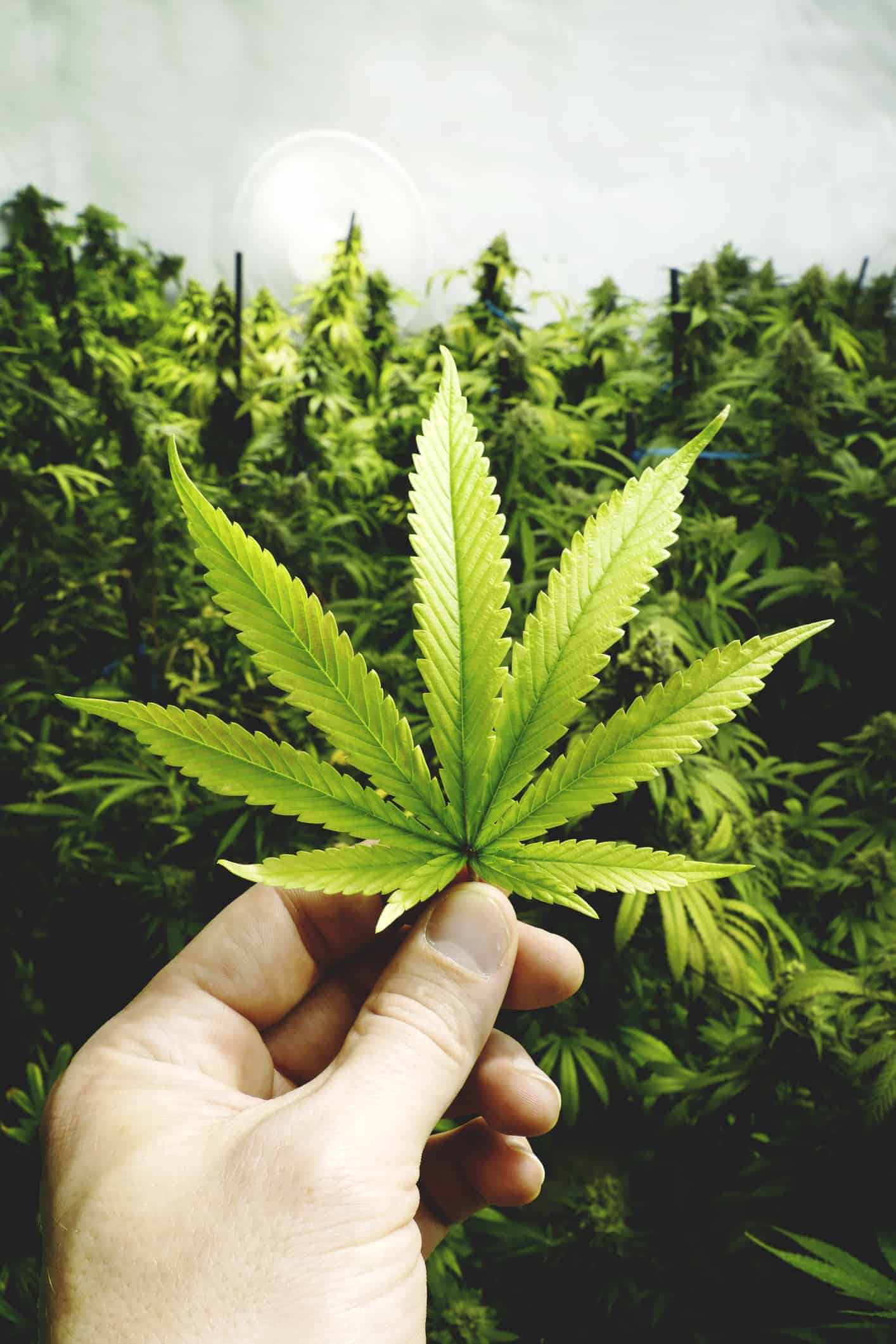Reefer Madness stands today as an iconic cult film — one of the most oft-cited examples of the antiquated hysteria that has surrounded the use of recreational marijuana use for much of the past century.
Originally made under the title Tell Your Children, Reefer Madness 1930s propaganda film financed by a religious group that was intended to teach parents about the dangers of cannabis use.
The story involves a melodramatic account of events that include a hit-and-run incident, manslaughter, suicide, hallucinations and a psychotic ex-college student who descends into madness thanks to his marijuana addiction — only to spend the rest of his life locked up in an asylum.
The film was instrumental in driving the cannabis prohibition movement that took place in the late 1930s, in concert with The Marihuana Tax Act of 1937, which made possession and trafficking of the drug illegal in the United States under federal law.
The time’s they are a changin’…
Since the 1960s, however, western culture has gradually liberalized its views toward the Schedule I drug.
Pot or grass was a big part of the Summer of ’69 and the ensuing sexual revolution.
Baby Boomers have been one of the most influential generations of the past century, and indeed were tremendously influential in liberalizing views toward recreational drug use –views that many Baby Boomers since passed on to their children.
As the boomers gained more influence on society and their children entered the workforce, it seems the western world is finally ready to embrace the benefits – both medicinally and recreationally – of cannabis use.
Slow and steady wins the race
It’s been quite a journey to get to the point where we are today.
California was the first jurisdiction to allow marijuana to be used for medicinal purposes back in 1996.
Canada followed suit in 2001 thanks to regulations passed by Health Canada.
Over the next decade, several more U.S. states would allow patients suffering from chronic diseases to receive the benefits of medical marijuana including Colorado, Hawaii, Vermont and Rhode Island.
More recently, eight U.S. states have legalized pot for recreational use, beginning with Colorado and Washington in 2012 and including California, Nevada and Massachusetts as part of the 2016 Presidential election.
However, as far as Canadians are concerned, the watershed moment is expected to take place on – fittingly enough – Canada Day on July 1.
But all good things must come to an end
It’s no secret that marijuana stocks have outperformed in the run-up to legalization.
Companies like Canopy Growth Corp. (TSX:WEED), Aurora Cannabis Inc. (TSX:ACB) and Aphria Inc. (TSX:APH) and others have seen their values triple or quadruple since Justin Trudeau was elected in 2015.
At this point, many experts are questioning whether valuations in the sector may have become overly optimistic.
Conclusion
There’s no question that the global community is beginning to recognize the benefits of marijuana.
Yet as far as marijuana is concerned as an investment idea, Fools in search of the next big thing may be better off looking for it in other, lesser-known parts of the markets – such as artificial intelligence.








